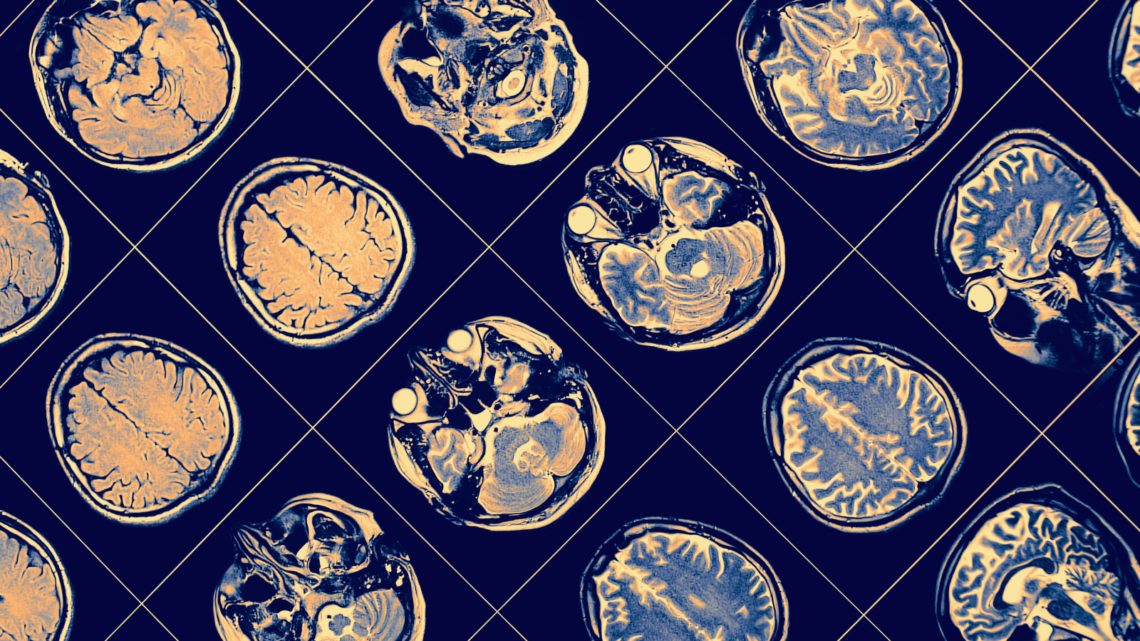
Early Psychosis and Schizophrenia Awareness
Schizophrenia is a chronic mental health condition marked by disruptions in thought processes, perceptions, emotional responsiveness, and social interactions. One of the key phases in the onset of schizophrenia is the early psychosis stage, a critical period during which initial symptoms of the condition start to appear. Understanding both early psychosis and schizophrenia can shed light on the complex nature of these disorders and highlight the importance of early intervention.
What is Early Psychosis?
Early psychosis, also known as the prodromal phase, refers to the initial phase of illness before the disease fully manifests. This phase usually occurs in late adolescence or early adulthood, a developmental period when individuals are making significant life transitions.
Early psychosis can present with a wide array of symptoms that can be subtle and may not appear alarming at first. These might include:
– Difficulty concentrating or thinking clearly
– Disturbed sleep patterns
– Social withdrawal or isolation
– Unusual, peculiar behaviors or beliefs
– Reduced motivation or energy
– Mood changes, such as depression or irritability
– Mild, unfocused paranoia or suspicion
These early symptoms are typically nonspecific, meaning they could be linked to a variety of conditions, not just psychosis. As a result, early psychosis can often go undetected, leading to a delay in receiving appropriate care.
The Connection Between Early Psychosis and Schizophrenia
Schizophrenia is a type of psychotic disorder characterized by persistent symptoms of psychosis. These include hallucinations (seeing or hearing things that aren’t there), delusions (strong beliefs that are not based in reality), and disorganized thinking or behavior. The early psychosis phase represents the beginning of these symptoms, making it an integral part of the schizophrenia trajectory.
It’s important to note that not everyone who experiences early psychosis will develop schizophrenia. Other psychotic disorders, such as schizoaffective disorder or bipolar disorder with psychotic features, can also have an early psychosis phase. Therefore, early psychosis acts as an indicator of a possible emerging psychotic disorder, but a definitive diagnosis can only be made based on the specific symptomatology and duration as described in diagnostic manuals like the Diagnostic and Statistical Manual of Mental Disorders (DSM-5).
The Importance of Early Intervention
Early detection and intervention in psychosis are critical. Research shows that the duration of untreated psychosis (DUP) – the time from the onset of psychotic symptoms to the commencement of treatment – is inversely related to prognosis. In other words, the longer psychosis goes untreated, the worse the overall outcome tends to be. Early intervention services aim to identify early psychosis and provide multidisciplinary treatment and support to prevent the full onset of schizophrenia or other psychotic disorders, or at least reduce the severity. These services can include psychoeducation, family support, cognitive-behavioural therapy (CBT), and when necessary, pharmacological treatment. Early intervention can lead to a significant reduction in symptoms, improved social and vocational functioning, reduced hospitalization, and overall better quality of life for people experiencing early psychosis. Additionally, it may decrease the chance of developing a more severe form of psychotic disorder.
To learn more, visit www.schizophrenia.ca.

